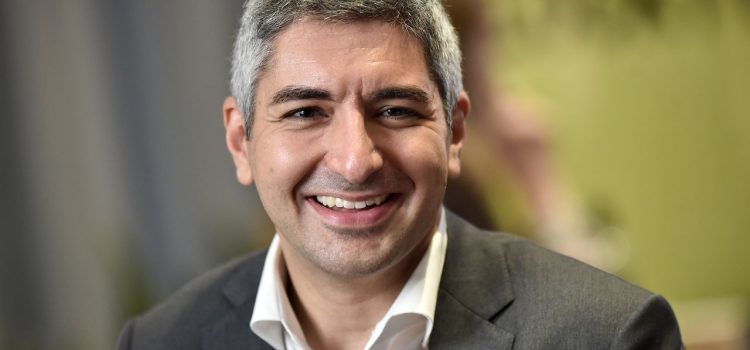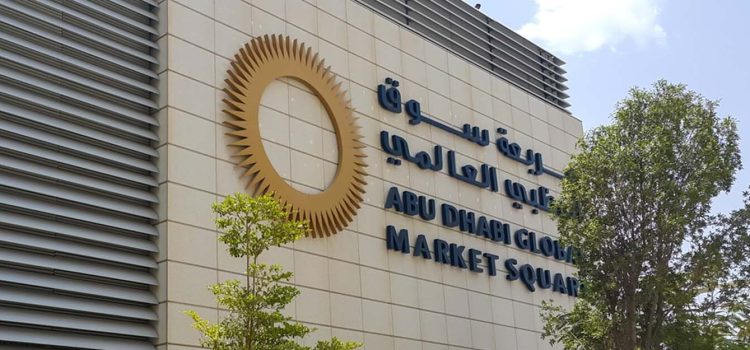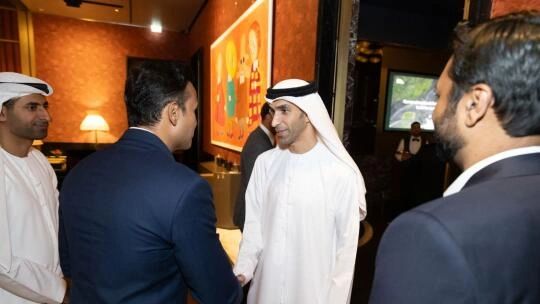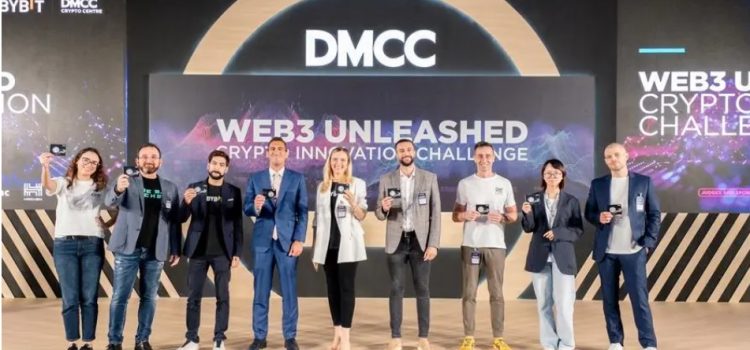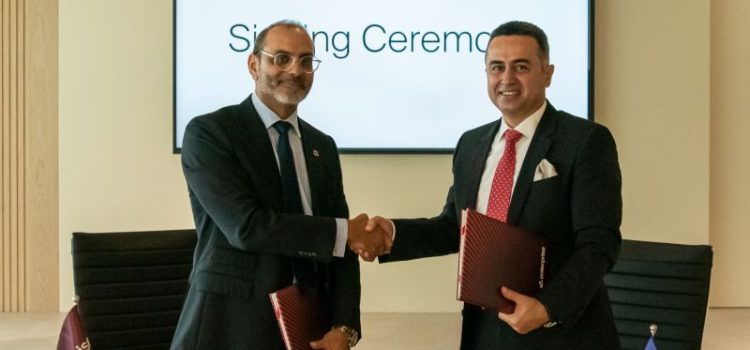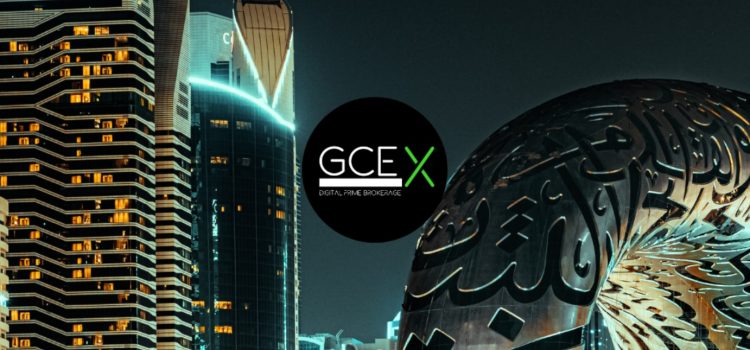
On the launch day of M2 crypto exchange and custodian the exchange which is fully regulated by ADGM (Abu Dhabi Global Market) is the first to serve retail clients in the UAE.
Abu Dhabi headquartered M2, which is licensed by the FSRA in the ADGM, has been recognized as a fully regulated Multilateral Trading Facility (MTF) and Custodian and is now able to on-board UAE residents and institutional clients.
M2 will be able to offer best-in-class trading products targeted at both retail and institutional investors in the UAE. The services coming soon will include, virtual Asset Custody where Investors will be able to manage their Virtual Assets in M2’s custodial wallets and offline storage facility, conveniently and securely with the easy-to-use on ramp and off ramp mechanism.
In addition clients will be able to trade AED to BTC & ETH . M2 will shortly be able to offer institutions and retail clients the ability to trade AED with leading cryptocurrencies, Bitcoin (BTC) and Ethereum (ETH).
AED Fiat On/Off-Ramp: Allow the on/off ramp of AED with ease through its partnership with a local bank.
While other crypto exchanges have received licenses from ADGM none of them have been allowed to cater to retail clients or have they partnered with a UAE Bank.
Designed with regulatory compliance and customers in mind, M2 adheres to strict regulatory requirements set by ADGM in relation to consumer protection, technology governance, custody and all its trade activities such as market surveillance, transparency, settlement, and transaction recording.
The ADGM has been recognized as being one of the most respected regulated jurisdictions of virtual assets globally. Taking its first steps on the journey to becoming a global FinTech champion for Abu Dhabi, and in line with Abu Dhabi’s Economic Vision 2030, M2.com is live and the team is setting its sights on being a leader in innovation whilst always maintaining regulatory compliance.
Stefan Kimmel, M2, CEO, comments: “We take pride in being a Abu Dhabi headquartered platform, licensed by the Financial Services Regulatory Authority (FSRA) of the Abu Dhabi Global Market (ADGM). This recognition underscores our commitment to our customers and to the FSRA’s notably high and sophisticated regulatory standards. We look forward to offering crypto investors in the UAE the opportunity to utilize our platform, including the ability to trade on/off-ramp AED and to trade market leading cryptocurrencies such as BTC and ETH by the end of the year.”
He added: “As positive sentiment returns to the crypto market, we want to offer crypto investors a trusted place to buy, sell and custody crypto assets. Regulation is our routine, and we will continue to demonstrate our commitment to compliance and regulatory excellence.”
Arvind Ramamurthy, Chief of Market Development at ADGM said: “We are delighted to welcome M2 to ADGM. We are confident that ADGM’s dynamic ecosystem and progressive regulations will enable M2’s vision, ADGM is the largest regulated jurisdiction of virtual assets in the MENA region and M2’s innovative solutions will add to our vibrant and trusted ecosystem of virtual asset trading venues, global exchanges and service providers.”
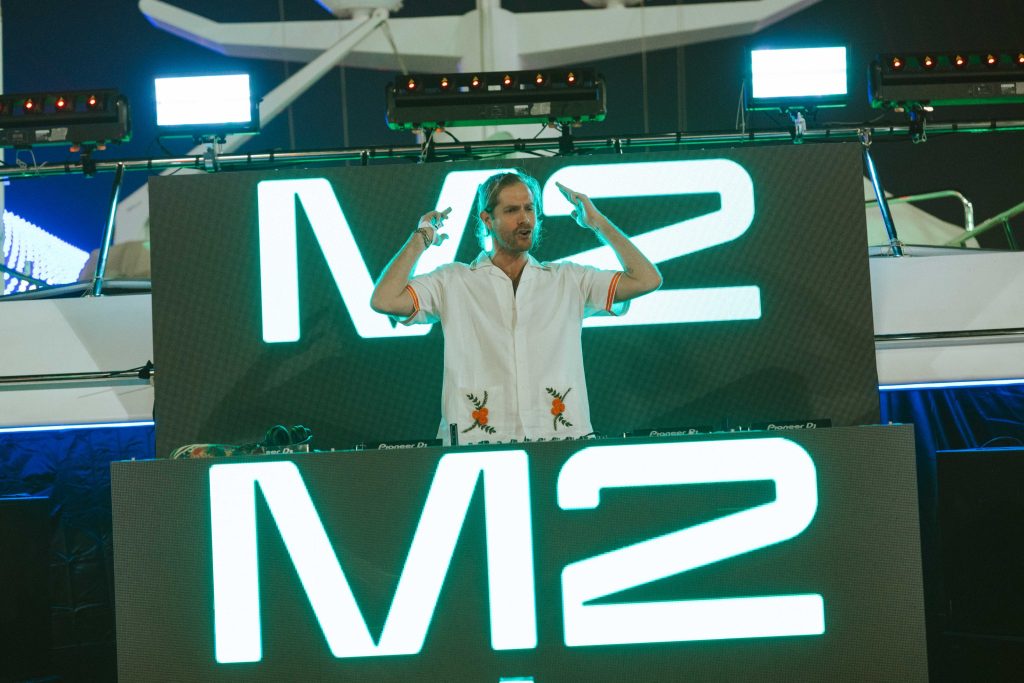
Notably M2 will be having its launch party today and will be featuring the Mayyas Dance show and superstar singer Guy Manoukian as they reimagine the future of digital assets.
The article was updated at 11:51 am GMT+2 removing ADCB bank reference.









